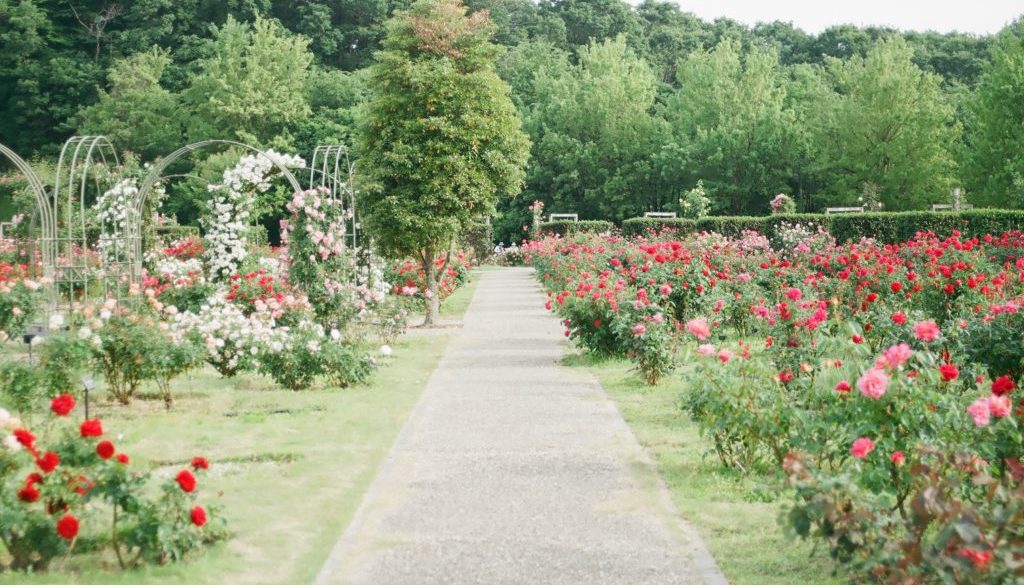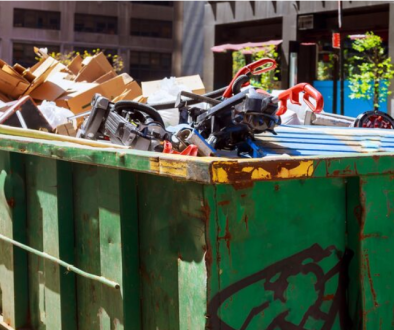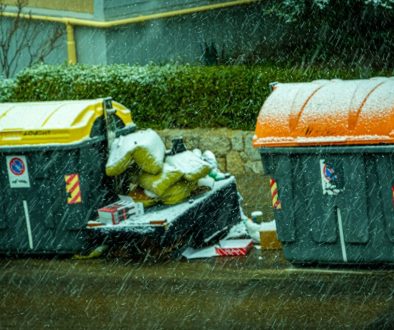Landscaping transforms your outdoor space into a beautiful oasis, but it’s not the end of the journey. Cleaning up after landscaping is necessary to ensure that your garden remains beautiful, healthy, and safe for your family and pets. In this comprehensive guide, we will provide you with a step-by-step plan to accomplish this clean up efficiently.
1. Gathering the Necessary Tools and Materials
Before you start cleaning up, it’s essential to gather your tools and materials. You will need the following:
- Garden gloves
- Rake or leaf blower
- Shears or pruning scissors
- Rubbish bags or a wheelbarrow
- Composting bin or mulch
2. Removing Debris
When landscaping is complete, there is typically a significant amount of debris left behind. This includes dead leaves, sticks, and any other plant stuff that has fallen to the ground. You can make a mound of the debris by raking it or blowing it with a leaf blower. Be thorough and check to see that all of the debris has been gathered in the same spot. When you have a pile assembled, you have the option of throwing it away in a rubbish bag or adding it to a compost container.
3. Cutting Back Plants
The next stage is to do further trimming or pruning on any plants that have already been clipped or pruned as part of the landscaping procedure. Make use of shears or pruning scissors to cut back any branches that are broken or dead, as well as any portions of the plants that have become overgrown. The plants will maintain their vitality and capacity for new development as a result of this process. Be sure to put any trimmed branches or cuttings in a rubbish bag or wheelbarrow before disposing of them.
4. Mulching
When it comes to cleaning up after landscaping, mulching is an essential step. Mulch is a layer of organic material that is applied around plants to help keep moisture in the soil and prevent weeds from growing. Examples of mulch include wood chips, leaves, and grass clippings. Spread mulch around the bases of your plants to a depth of around 5 to 7 centimetres (two to three inches), and be sure to pick out some mulch for your garden that is suited to the kinds of plants you have there.
5. Composting
Composting is an environmentally friendly method of getting rid of organic waste while also producing nutrient-dense soil for use in gardening. When you are finished with the landscaping process, you can throw any plant debris that you removed into a composting bin along with other organic items such as food scraps and used coffee grounds. Be sure to turn the compost on a regular basis so that it can break down more quickly. When it is finished decomposing, the compost can be added to your garden to enhance the quality of the soil there.
6. Watering
After you have finished sprucing up your landscape, it is necessary to give your plants some water to guarantee that they will continue to thrive. It is preferable to water thoroughly only sometimes as opposed to watering gently every day. Your plants’ roots will be encouraged to grow deeper into the soil as a result of this, which will make them more resistant to the effects of drought and other environmental pressures.
7. Cleaning Up Hardscape
The ‘non-living’ components of your garden that are not plants are referred to as the hardscape. These components include things like patios, paths, and fences. After the landscaping is complete, these features could have dirt or trash on them. To fully clean any aspects of the hardscape, you can either use a broom or a power washer. Your garden will have the appearance of being more well-kept and polished if you keep the hardscape clean.
8. Weeding
Weeds can quickly take over your garden and make it look unkempt. After landscaping, take the time to remove any weeds that have grown. Use a hoe or hand weeder to remove weeds from the roots. Be careful not to disturb the roots of your plants while weeding.
9. Pruning
After landscaping, you may notice that some of your plants need further pruning. Pruning will help your plants grow healthier and look more attractive. Use pruning shears to remove any dead or diseased branches. You may also want to trim back any overgrown branches to encourage healthy growth.
10. Planting New Plants
If you have a new landscaping project, you may need to plant new plants. After planting, be sure to water them thoroughly. Also, add a layer of mulch around the base of the plant to retain moisture in the soil and prevent weeds from growing. Check the plants regularly to ensure they are growing healthily.
11. Pest Control
While cleaning up your garden, it’s important to check for pests that may be damaging your plants. Look for signs of infestation, such as chewed leaves, wilting plants, or visible insects. Use eco-friendly pest control methods, such as insecticidal soap or neem oil, to get rid of pests.
12. Fertilising
Fertilising your plants is necessary for healthy growth. After cleaning up your garden, you may want to add fertiliser to the soil. You can use organic or chemical fertilisers, depending on your preferences. Follow the manufacturer’s instructions for application rates and timing.
13. Seasonal Maintenance
Cleaning up after landscaping is not a one-time task. It’s important to perform seasonal maintenance to keep your garden looking its best. In the spring, clean up any debris left over from winter and prune any dead or overgrown branches. In the summer, water your plants regularly and remove any weeds. In the fall, rake up fallen leaves and add them to your compost bin. In the winter, protect your plants from frost and snow by covering them with burlap or frost cloth.
Conclusion
Cleaning up after landscaping is an essential part of maintaining a beautiful garden. With the right tools and materials, you can quickly and easily clean up after any landscaping project. Remember to wear gloves, use the right tools, and dispose of any debris properly. By following these steps, you can enjoy a beautiful garden all year round.
If you are looking to hire a skip in Cheshire, UK, look no further than our services here at Enviro Skip Hire. We are a family run skip hire and aggregate company servicing Staffordshire, and we offer a wide range of skips designed to satisfy your disposal needs. Check out our page for more of our skip sizes and aggregates.




